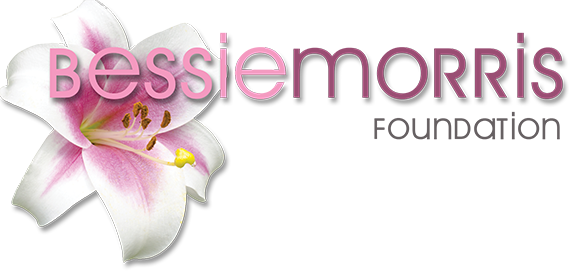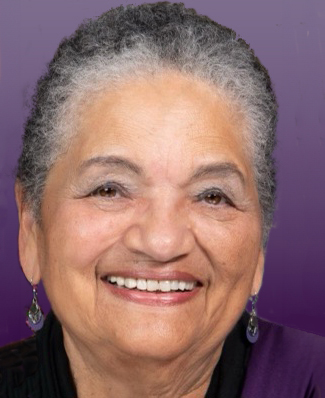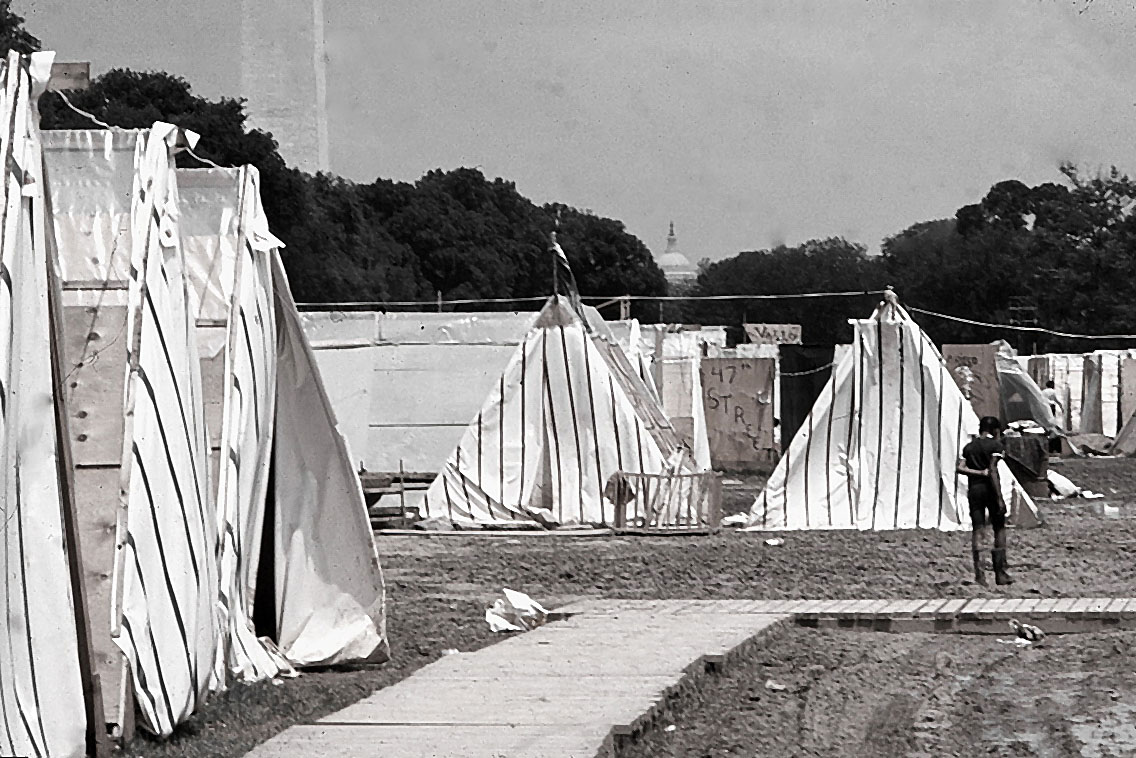
In the Spotlight
FOR WOMEN'S HISTORY MONTH
Fran Jemmott: From Pillar to Post to Becoming a Social Justice Warrior
Fran Jemmott is the owner and principal of Jemmott Rollins Group, Inc., a management consulting firm that helps clients create positive social change through strategic planning, capacity building, policy advocacy, curriculum development, and more. She is an award-winning and recognized leader and influencer. She is caring, sincere, resourceful, and wise.
A BORN LEADER
Fran said she stumbled upon her career accidentally, but we think she is being modest. Although her path was not necessarily planned and her journey took her “pillar to post” (to use her words), since childhood, she has been a natural and gifted leader focused on equity and social justice causes.
Growing up in Gordon Heights, a Black working-class community on Long Island, Fran was bused to a predominantly white school. She was drawn to student government and successfully won many elected positions, including senior class president.
Later she attended Howard University where she was encouraged to think more deeply about civil rights (including gender equity) by the now iconic faculty, i.e., Patricia Roberts Harris, Toni Wofford (nee Morrison) and Nathan Hare. She heard Martin Luther King Jr speak about racial injustice and heard fellow New Yorker, Stokely Carmichael, throw shade on the so-called Black bourgeoisie.
Her college sweetheart was drafted into the Army and others were leaving school and headed to Vietnam. The plan to get married, have a baby, keep her husband out of the war and finish school went awry. The marriage ended and her efforts to support herself were failing. Now a single mother, she moved back into her parental home in New York in 1968.
TOUGH LOVE
Understandably, Fran was depressed with the direction her life had turned and had a hard time getting motivated to do much. But her father, an immigrant from Barbados with a successful custom home construction business, demanded that she get out of her funk and get up every day and find something useful to do. She was required to land a job, enroll at a local college, or do volunteer work.
Fran went to the Central Brookhaven Community Action Program, the local Great Society anti-poverty program office to see if she could volunteer there. When she arrived, she found the director in the church basement where the center was located, wading in a couple inches of water. Exasperated, the director asked her grouchily what she wanted. When Fran explained, he asked her, “What can you do?”
Fran responded, “What do you need doing?”
“I need to get this water off the floor.”
“Okay. I can help you.”
“You can help me?”
“Sure. Can I use your phone?” asked Fran. She called her dad. “You want me to get a job, so….”
Her father just happened to be the Chair of the Board of Fire Commissioners of the volunteer fire department. And the fire department had a fire truck that could pump water. Twenty minutes later, with the fire siren blaring, the volunteer fire department showed up.
Water OUT. Fran IN as a Parent Organizer for Head Start.

RESURRECTION CITY
One of the highlights of her time at Head Start was the caravan of ten buses to Resurrection City that Fran helped to organize in 1968 for members of 13 Head Start centers. Resurrection City was the temporary tent city on the National Mall that served as the base for demonstrators of the Poor People's Campaign. The Head Start sojourners felt that by joining forces with the national anti-poverty movement, they would gain more clout for better housing and jobs. They went to D.C. and fed those living there, cooking cabbage in metal garbage cans and bread in juice cans over open flames. They heard speeches from Andrew Young, Ralph Abernathy and more. Fran was inspired. “The experience lit a fire under me. This was important work, and it was important to convince others.”
A local newspaper reporter had accompanied the Head Start caravan. The next day, Newsday featured a spread showcasing their activities and Resurrection City. People read the story. It became the political talk of their Long Island communities.
That effort came to the attention of professors at New York University's New Careers Training Laboratory, who had received a Ford Foundation Grant after writing a book titled New Careers for the Poor. They were looking to hire organizers and trainers. Fran was hired by NYU as a trainer for the Head Start Career Development project. With a grant from the U.S. Office of Education, she travelled to all 50 states and helped school districts and other human service providers to build career ladders, reducing the distance from entry level to upper levels of work.
During her time at NYU, Fran learned a great deal about foundations and social justice work. Fran then worked for several other universities developing programs, curricula, and training. One helped municipal labor union members who were adult learners translate their life experiences into college credits. In 1974 she worked for the National Council of Negro Women to coordinate efforts that brought 35,000 to Washington for the unveiling of the monument to Mary McLeod Bethune, the first statue on federal land of a Black person and a woman of any race.
When Fran reflects, she realizes all these experiences were building blocks for a career at the intersection of public health, public policy and racial/gender justice. And she met some amazing people along the way.
THE BLIND LEADING THE BLIND
While Fran was working at the Center at the university, she heard First Lady Rosalynn Carter speak about the need to expand support for people coping with emotional issues. Mrs. Carter said, “There will never be enough mental health professionals to take care of the mental health needs of this country. Everyone will need to be a helper to help themselves and others.” Rosalynn Carter spotlighted self-help efforts like 12 Step groups as a blueprint for people helping people.
“Wow!” thought Fran. She was fascinated with the strategy of self-help. “How do you learn to be a helper? The concept was ridiculously sensible,” said Fran. She began to explore how many self-help groups existed. There were at least forty spin-offs from AA at the time. She widened her search to find groups for those with disabilities and medical conditions. During her exploration, she remembers meeting a blind man leading a group for the blind.
Were there self-help groups in black communities and communities of color? Fran located a little known group called the Sisterhood of Black Single Mothers. The mothers supported each other: exchanged clothes, met on Sundays, babysat their children for each other. Being a single mom herself, this really struck Fran as a great model.
The Center published a directory of groups. They helped people learn how to start groups. They opened an 800# for people to call to find groups (this was pre-Internet).
Then this work to locate and connect others to informal help groups caught the attention of Surgeon General C. Everett Koop. Koop himself had turned his attention to self-help and first sought out insights from the organizations such as the AMA, American Hospital Association, and American Psychiatric Association. These organizations often dismissed the concept of self-help in lieu of seeking professional attention. This only made Koop more intrigued. Then he learned of a breast cancer surgeon who said, “I don't know what to tell women about how to make their lives whole again after a mastectomy. So, I told my patients they could meet in my waiting room and figure it out.” This was another proof point of peer support groups at work.
Surgeon General Koop planned a workshop on self-help and public health. He would publish policy recommendations that resulted from the workshop. The centers at City University of New York, Northwestern in Evanston IL, and UCLA and several self-help leaders served as the advising committee. The Surgeon General asked Fran to get “her people there. Not just those with funding,” so they could create good policies that represented diverse needs. It's now a national organization serving thousands of women and their families.
Fran had a close friend and mentor terminally ill in Los Angeles and she prayed for a way to spend time with him. When the universities doing research on self-help groups vied to host the planning meetings, Fran successfully lobbied for UCLA. She was able to see her friend nearly every month for a year. She also got to know the people at UCLA and those in the California Department of Mental Health.
At the 1987 conference, there was a group protesting conservatorships called the Psychiatric Liberation Movement. Their tall, schizophrenic organizer Howie had outbursts during the conference to protest professionals taking over self-help groups. Fran talked to him quietly and explained, “If we can do this successfully, look at all the power you'll have to make the changes you want. I want you to talk and participate, but I need you not to have any outbursts. You can't scare these people away or we won't get anything.”
Howie said, “Okay, Fran. I get you.” And the rest of the conference went on without incident.
Afterwards, the Commissioner of Mental Health asked Fran, “What would it take to get you out to California and do this?”
Fran responded it was too hot in LA.
Then the following February when it was 4° in New York, the Director of the Office of Prevention in California Department of Mental Health called to renew the offer. “I'll come tomorrow,” replied Fran.

Photo credit: Henry Zbyszynski Creative Common on Wikipedia
MOVING TO THE LEFT COAST
That's how Fran landed at the UCLA self-help center. While there, she started the California Black Women's Health Project. That brought her to the attention of the Irvine Foundation who had started their own women's health initiative. Fran was hired to work on this project. The Irvine Foundation Program Officer eventually left and went to California Wellness Foundation. He hired Fran to be a grant maker.
Growing up, Fran never even knew the job of grant maker existed, much less aspired to be one. I'm very much an accidental grant maker.”
Then in April 2002 after working about seven years at the Foundation, Fran was laid off. At the age of 60, black, and female, she knew her prospects would be challenging. So, in October, she hung out her shingle for Jemmott Rollins Group, Inc.

Fran had acquired a wealth of knowledge from her vast experience. Plus, she had grown a strong community network over the years.
Word spread that Fran was no longer with the Foundation. The first person to reach out was Karen Bass, then Community Coalition Director. Bass said to Fran, “I heard you have time on your hands. I have a project you could help with.”
Fran worked on the Family Care not Foster Care campaign to assure equal resources were extended to family members caring for children no longer living with their biological parents.
For example, a grandparent may want to care for their grandchild while the parent is incarcerated but doesn't have the financial resources to do so.
Fran developed a program and curriculum to help foster families thrive. The fostering relative is typically older, so at the Kinship Center in Los Angeles, the care givers update their parenting skills and join a peer social group to support each other and avoid isolation.
Fran's work and the network of family caregivers had a powerful impact. The Los Angeles County Department of Public Social Services changed their policies. Kinship care now receives benefits.
Jemmott Rollins Group is now in its twenty-second year.
THE JOURNEY TO NOW
Fran appreciates the benefits of receiving an exceptional high school education. She had opportunities to learn leadership in both her school and home community.
Although Fran is proud that she is a free and open thinker, this didn't make life easy. “I didn't get pigeon-holed into one way that I should live life, but I bounded from pillar to post. I was untethered.” It was devastating not having enough confidence to see herself clearly and what she wanted in life. Fran learned that she was more of an experiential learner, so aptitude tests were meaningless for her.
When she moved to California, she had been a single parent for 20 years. “It took me stepping away from that role to find myself. Over time, I was able to make something happen for me. That journey was important,” relates Fran. “I feel remarkably stronger and more purposeful today. I know myself. But I made the effort to figure that out.
Fran is inspired by challenges. She likes to tackle big problems. Like eliminating racism. “I like fighting for something I believe in. I am a social justice warrior.”
SHARING WORDS OF ADVICE
Fran sees in many young people today her shared trait of being experiential learners. She suggests they find a way to experience a wide variety of activities so they can find what they like and what they are able to do well. “They need the opportunity to figure things out. Sometimes those that want to protect them, want to take that journey away from them. They want to ‘give them the answer'. But sometimes you need to fall down and pick yourself up. For me, it worked.
“I am inspired when I see promising young people and pouring something into them is very rewarding.”
- You can imagine and see the place you want to be, and you can get there.
- Know that the place you want to be is attainable.
- No matter how tempting, do not fall into a lifestyle that puts you at risk or in danger. Figure out what the alternatives are. What will give you joy, peace, and happiness that is not harmful?
- Each time you stumble, get back up.
FINAL WORDS
“I cannot take all the credit for where life has led me. There were many people in my life who saw potential in me that I did not see in myself. I also believe my ancestors look out for me as well as a higher power that keep me safe and grounded. I have developed an appreciation for all the good things in life.”
Fran Jemmott's LinkedIn Profile
Fran Jemmott has received numerous awards and held board positions during her years of contributions. Among them are the following:
- California Legislative Black Caucus Unsung Hero Award (March 2024)
- Liberty Hill's Founder Award and Board Member (1998-2010)
- Community Coalition's Gary Stewart Award for Philanthropy (2014 with Bernard Rollins)
- Compass Point, Board Member (2016 -2022)
- SCOPE, Board Member (2006-2010)
- Southern California Blacks in Philanthropy and Joint Affinity Groups - Role Model Tribute (2024)
- California Black Women's Health Project, Founder, 1994 and Woman Who Dared Award
- Public Health Advocates, Board Chair
March 2024

(323) 494-4005